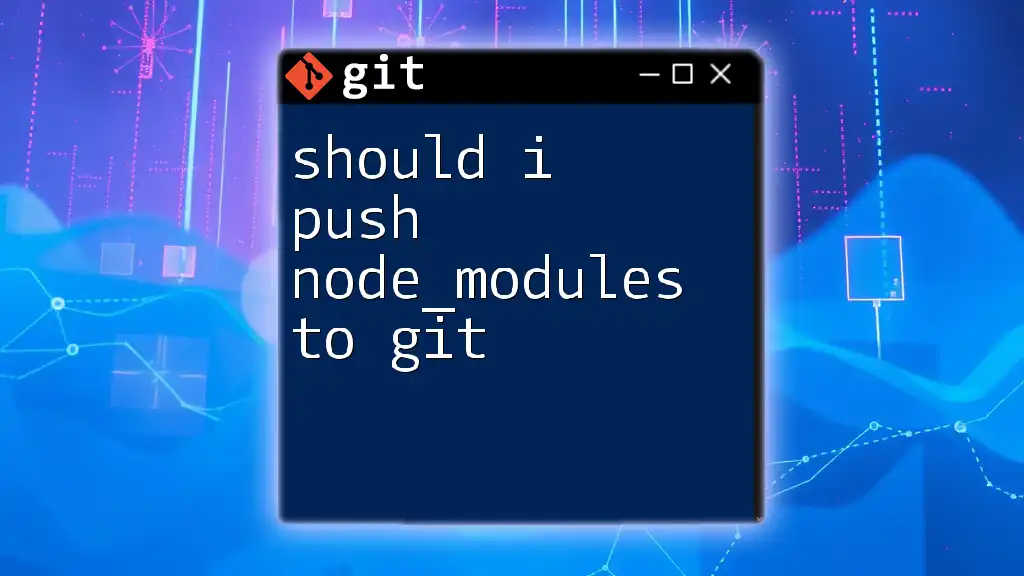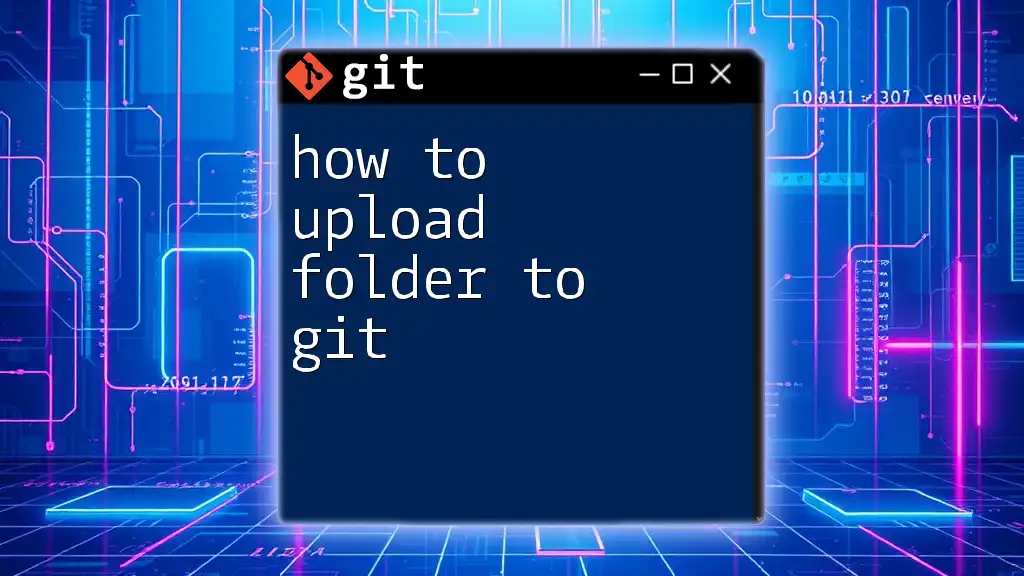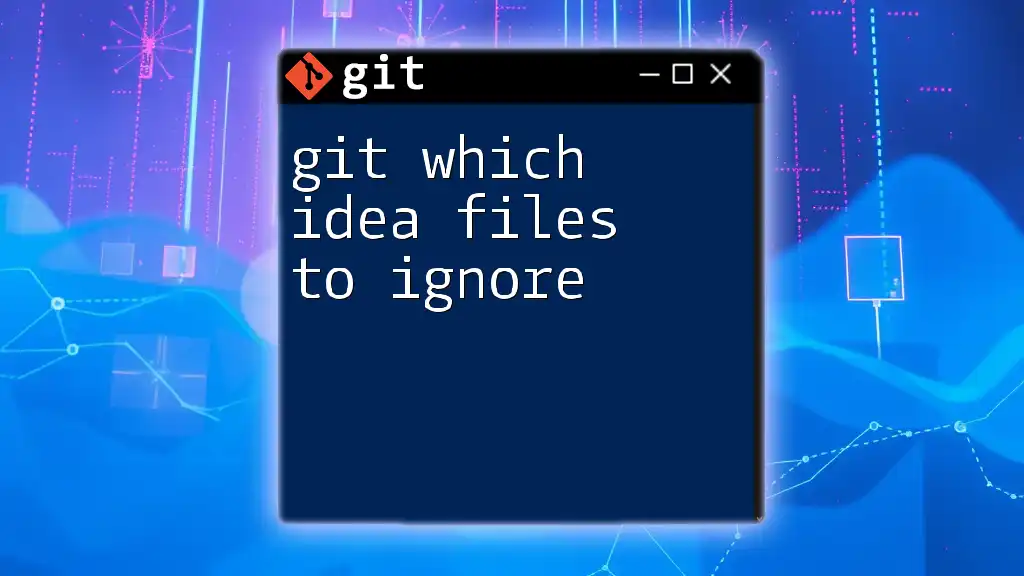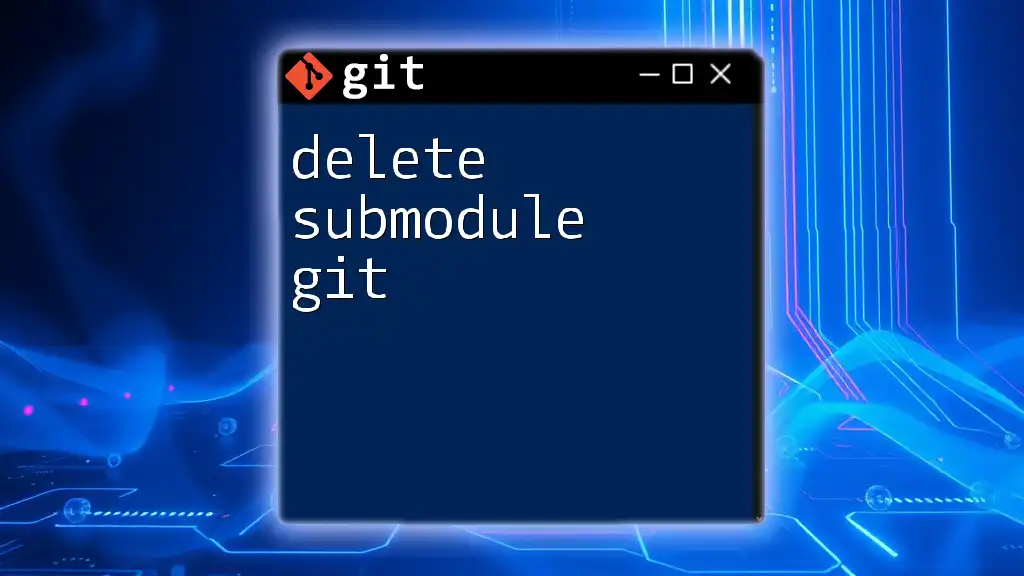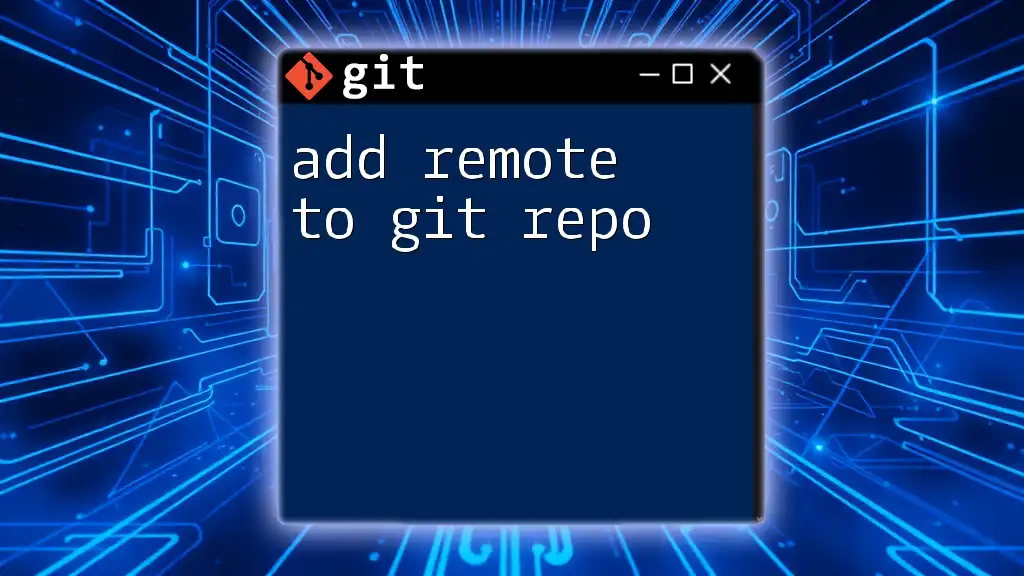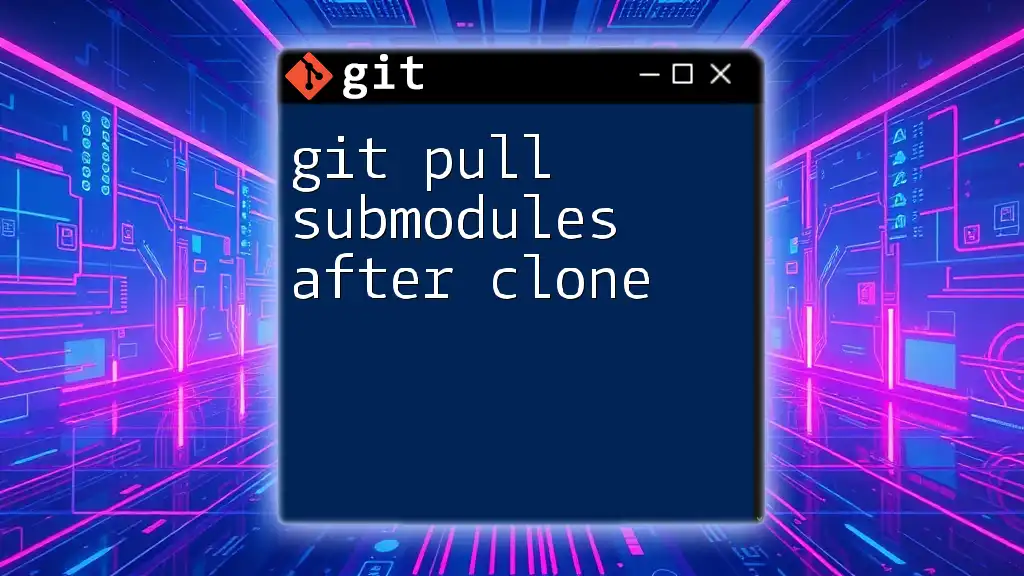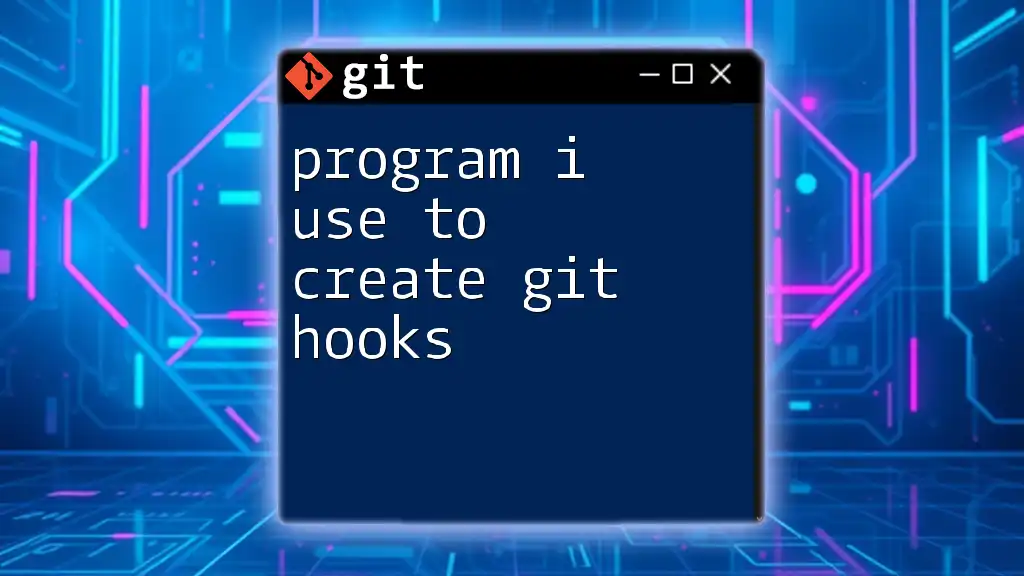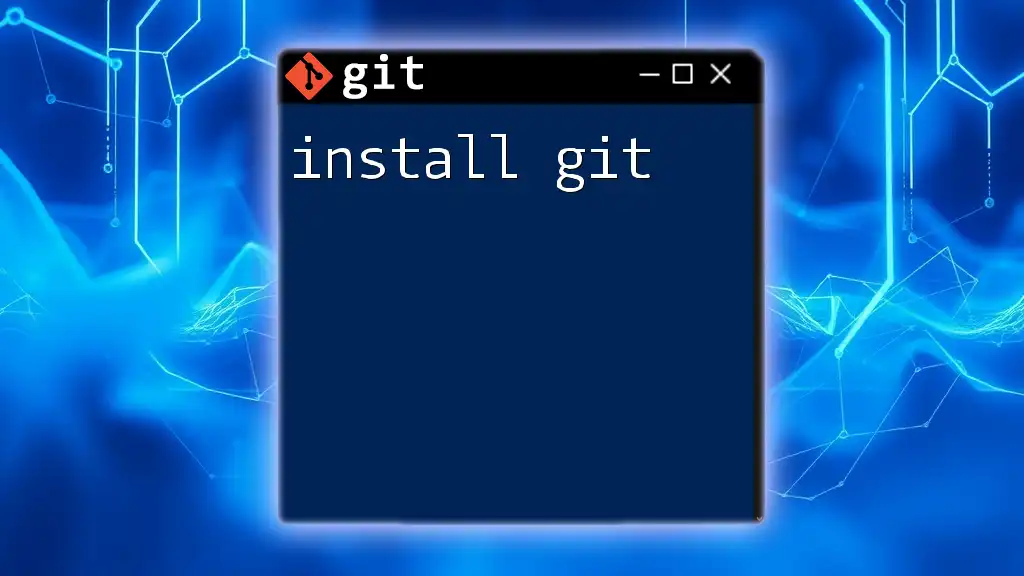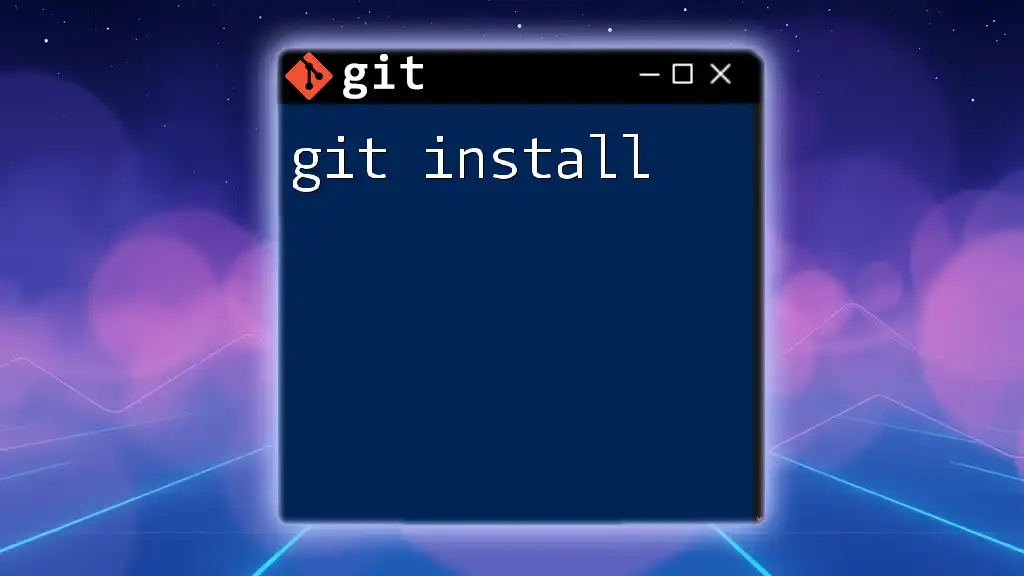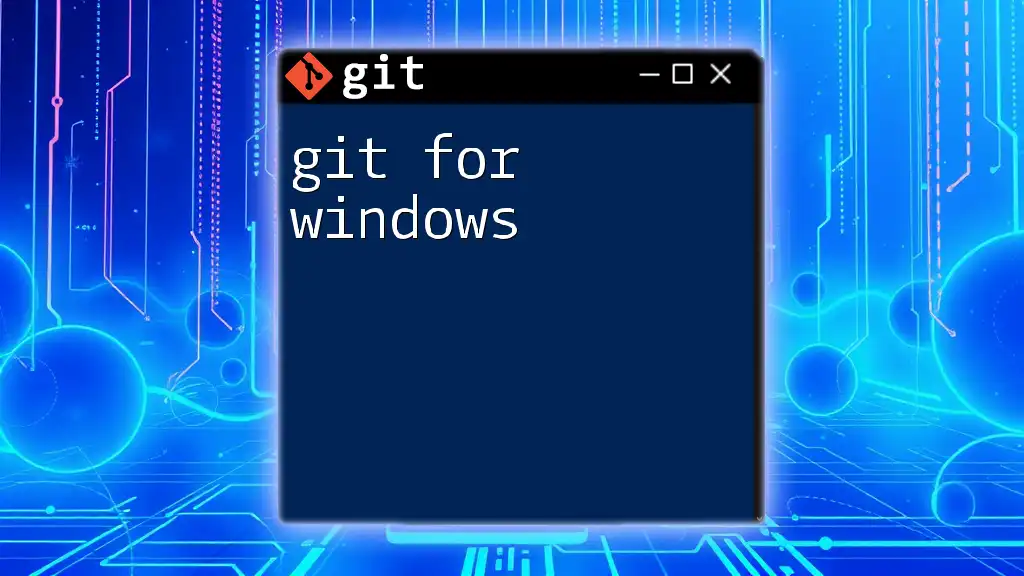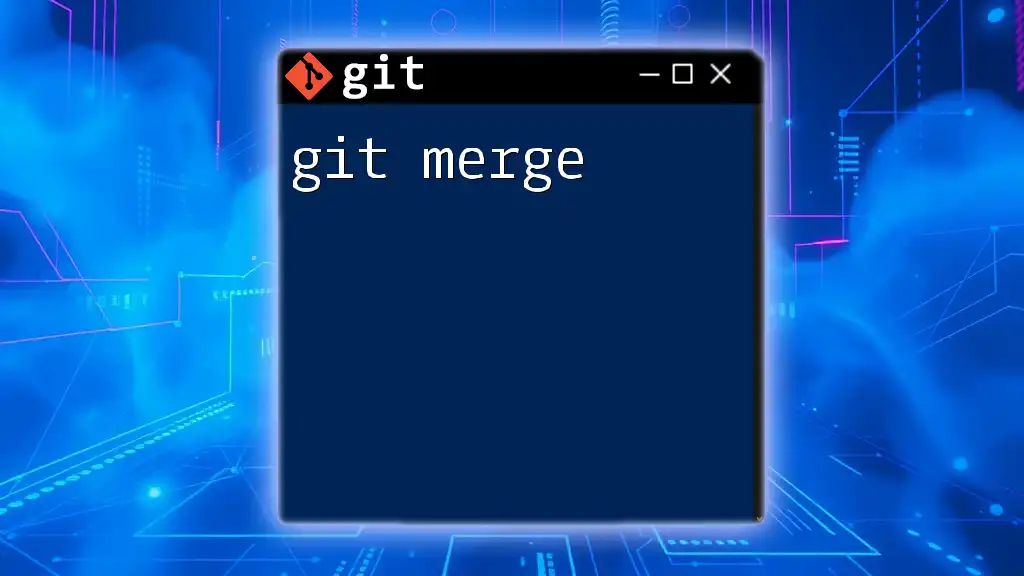You should not push `node_modules` to Git, as it contains dependencies that can be easily reinstalled using `package.json`, thereby keeping your repository clean and lightweight.
echo "node_modules/" >> .gitignore
Understanding node_modules
What is node_modules?
The `node_modules` directory is a significant part of Node.js projects. It is automatically created when dependencies are installed using npm (Node Package Manager) or Yarn. This folder contains all the packages and their dependencies that your application requires to run. Think of it as a library of code that your project can call upon, making it easier to build complex applications without having to write every piece of functionality from scratch.
The Importance of Dependency Management
Dependencies are external libraries that provide additional functionality, whether it's frameworks, tools, or utilities. Properly managing these dependencies is vital for the following reasons:
- Efficiency: Writing functionality from scratch consumes a lot of time and resources. With dependencies, you can leverage existing solutions.
- Collaboration: When working on a team, ensuring everyone has the same set of dependencies minimizes discrepancies and integration issues.
- Version Control: Managing specific versions of packages ensures stability. Unexpected updates can introduce breaking changes if not controlled.
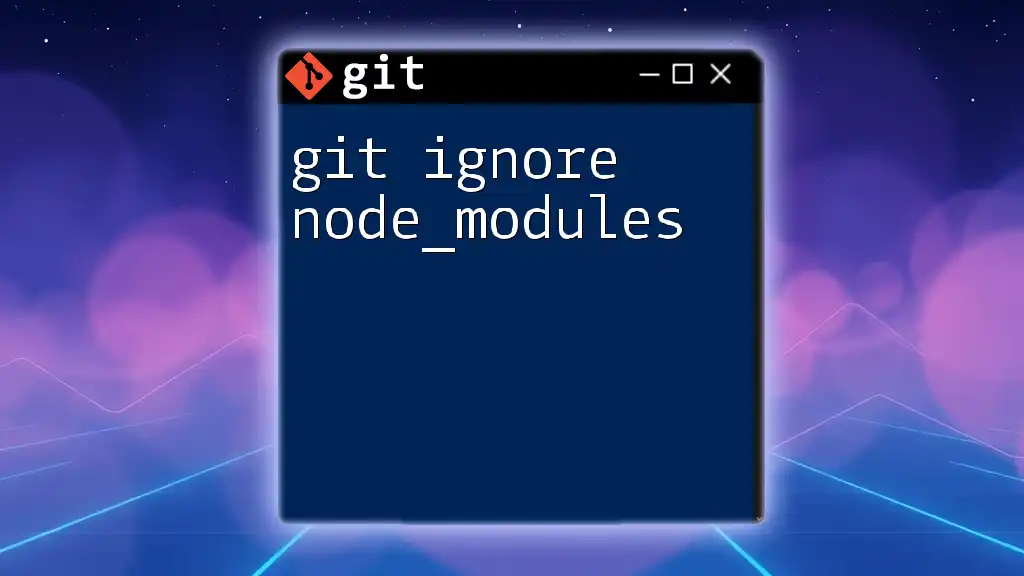
The Git Perspective
What is Git?
Git is a distributed version control system that allows teams to track changes in code collaboratively. By using branches, commits, and merges, developers can work simultaneously and efficiently without overwriting each other’s contributions.
Understanding .gitignore
The `.gitignore` file serves to instruct Git on which files or directories should be ignored and not tracked in version control. This is especially important for files that are generated automatically or contain sensitive information.
What is .gitignore?
For Node.js applications, a typical `.gitignore` file includes:
node_modules/
dist/
.env
In this example, `node_modules/` is specified, which tells Git to ignore the directory altogether. This is a standard practice as it prevents unnecessary files from cluttering the version control history.
Common Practices in Git
The best practices in Git emphasize avoiding large binaries or directories that can slow down operations. By keeping repositories clean and focused on source code and essential properties, teams can enhance their productivity and efficiency.
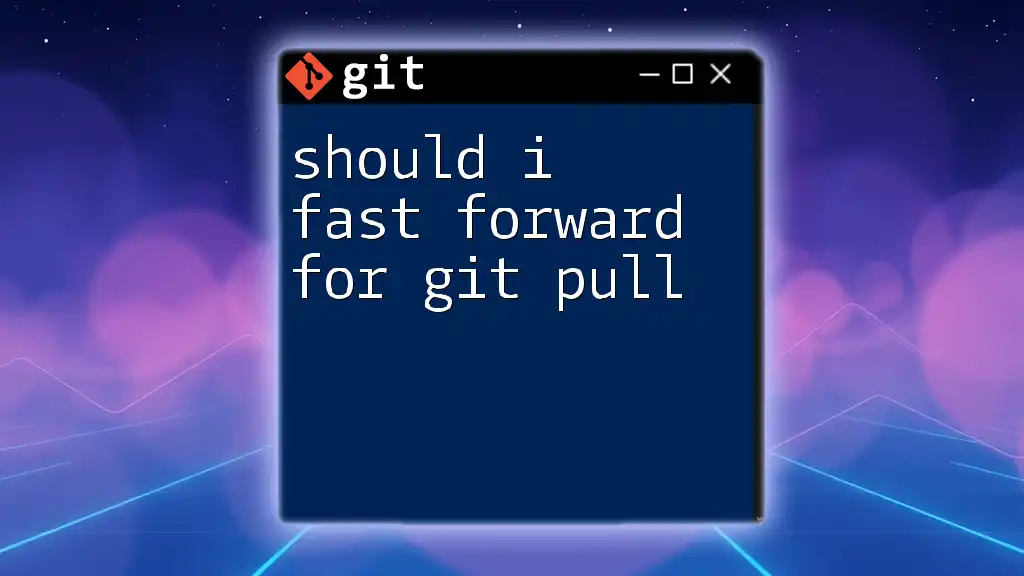
Should You Push node_modules to Git?
The Pros of Pushing node_modules
While the general consensus is to exclude `node_modules`, some arguments can be made in its favor:
- Easier Collaboration: If a new developer clones your repository, having `node_modules` included allows them to dive straight into working without the need to run `npm install`.
- Consistent Environment: For applications where dependencies are not frequently updated or if using a specific older version is critical, pushing `node_modules` could help maintain that consistency across development environments.
The Cons of Pushing node_modules
Despite a few pros, there are overwhelming reasons against pushing `node_modules`:
- Large Repository Size: The sheer size of the `node_modules` directory can bloat the repository, leading to longer cloning times and larger overall storage.
- Dependency Hell: Including `node_modules` increases the complexity of managing multiple package versions. Packages can have their own dependencies, creating a tangled mess that’s hard to manage.
- Version Control Issues: With the continuous evolution of libraries, dependency files can frequently change. This increases the likelihood of merge conflicts, which can slow development.
Industry Standards and Recommendations
Prominent tools in the JavaScript ecosystem, like npm and Yarn, highly recommend not tracking `node_modules`. Instead, they suggest utilizing lock files for managing package versions. Lock files (like `package-lock.json` or `yarn.lock`) guarantee that everyone on your team installs the exact same versions of dependencies without needing to commit the entire `node_modules` directory.
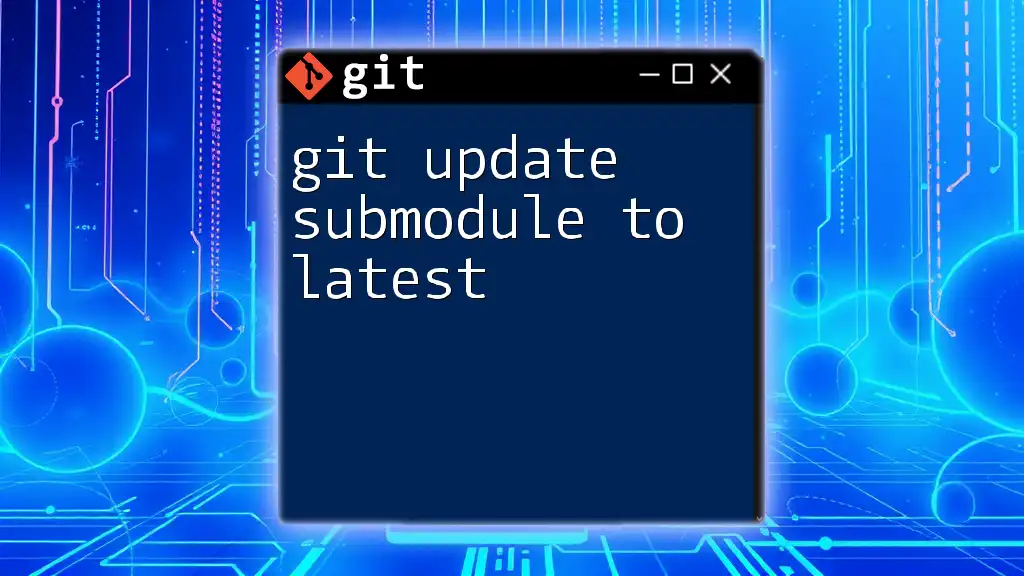
Best Practices for Managing node_modules
Use of .gitignore
Setting up a `.gitignore` file is one of the simplest yet most effective ways to manage your repository.
- Create a `.gitignore` file in your project’s root directory.
- Add `node_modules/` to the file to exclude it from being tracked.
- Commit the `.gitignore` file to your repository.
This way, you ensure that your project remains lightweight and free from unnecessary files.
Using Lock Files
Lock files play a crucial role in ensuring the consistency of dependencies across environments. These files contain exact versions of the dependencies your project is using, which means that you can recreate the same environment anywhere.
For example, a `package-lock.json` might look something like this:
{
"name": "example-project",
"version": "1.0.0",
"dependencies": {
"express": "^4.17.1"
},
"devDependencies": {
"nodemon": "^2.0.7"
}
}
In this example, rather than pulling various versions of `express` across different installations, the lock file ensures a consistent version (in this case, `4.17.1`) is always used.
Alternative Methods for Dependency Management
In Continuous Integration (CI) environments, you might not wish to install packages every time. Instead, you can use the `npm ci` command, which installs only what's listed in the lock file, ensuring a clean and fast installation.
npm ci
This method not only speeds up the build process but also ensures consistency.
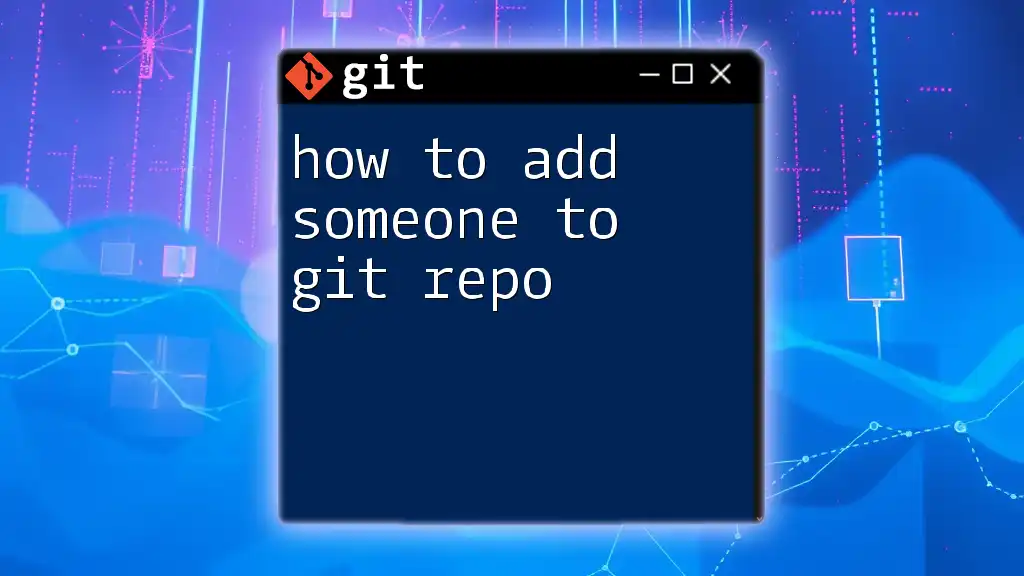
Conclusion
When assessing should I push node_modules to git, the overwhelming consensus in the software development community is a resounding no. The structural problems and unnecessary bloat it introduces far outweigh the perceived benefits. Instead, leverage `.gitignore` and lock files to manage dependencies effectively while keeping your repository clean and efficient.
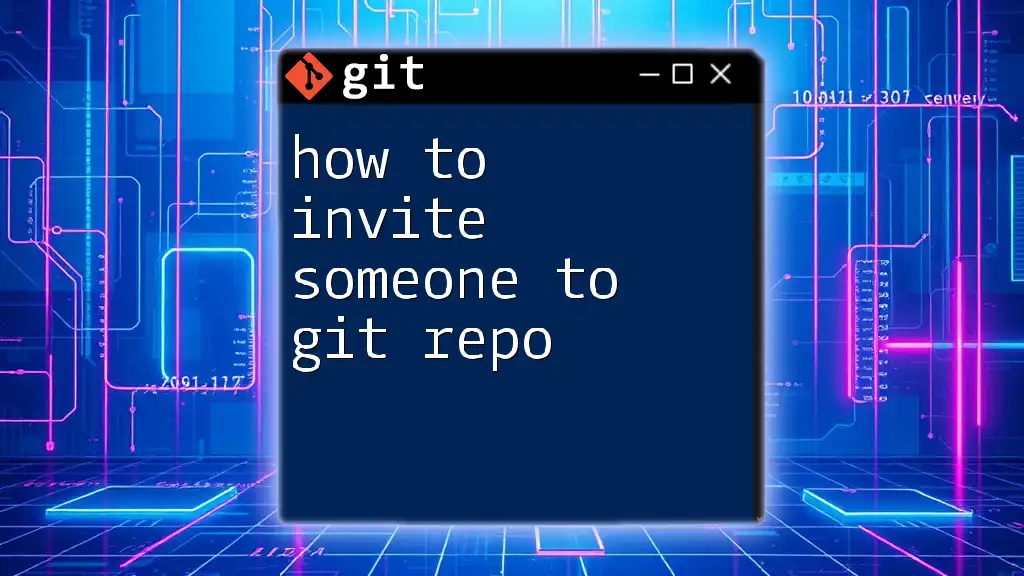
Frequently Asked Questions
Is it ever okay to push node_modules?
In certain scenarios, such as legacy projects or within specific team environments where controlling dependencies is essential, it might be justified. However, most modern development practices favor not including `node_modules`.
What should I do if my team has already pushed node_modules?
If `node_modules` has been pushed, you can remove it with the following commands:
git rm -r --cached node_modules
echo "node_modules/" >> .gitignore
git commit -m "Removed node_modules and updated .gitignore"
This will remove `node_modules` from your Git repository while adding it to `.gitignore`, preserving the local files.
How do I handle global dependencies?
Global npm packages are installed outside of your local project and are typically used for tools and utilities. Management of global dependencies should be done with care, and it is advisable to document these dependencies in your project's README or a dedicated documentation section.
In closing, understanding the dynamics of `node_modules` and Git not only improves individual developer experience but also enhances collaborative workflows, leading to more reliable and maintainable applications.

